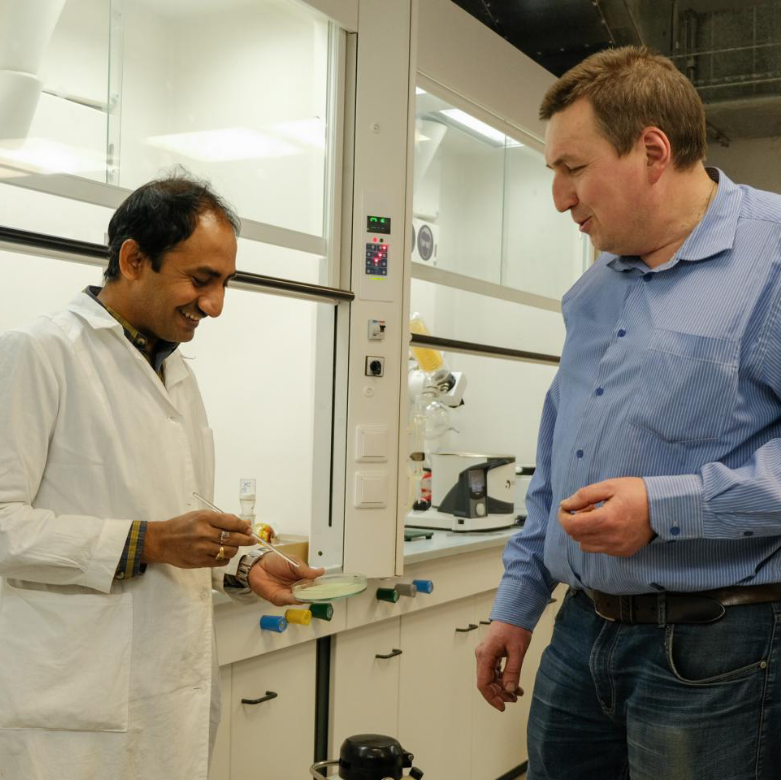Have your wrapper and eat it too: scientists develop edible food wrappers

We all generally know the components of a nutritious meal: vegetables, fruits, whole grains, protein and…edible food wrap?!
Scientists from India and Russia have found a solution to the both (currently) inedible and wasteful plastic product which is used to preserve various types of food. Their new invention is biodegradable and safe for human consumption. The shocking development is a positive sign that grocery shopping and commercialized food has potential to be reformed in a way that is safer and more sustainable for both the environment and human bodies.
The concoction is a composite of alginate molecules and ferulic acid (a cinnamic acid derivative). Specifically, the sodium alginate used to create the edible film is found in brown algae, and “performs as liquid gel”, helping the compound fuse together, claims senior researcher Rammohan Aluru.
According to scientists involved in the research, the production of the edible film does not require any Star Trek-esque, futuristic equipment. Grigory Zyryanov, professor of organic and biomolecular chemistry at Ural Federal University, says that the edible food wrap can be made at a polymer production facility and “if an inexhaustible source of algae in the ocean is nearby it will be quite simple to create such films.”
Now, there are many things that humans can technically eat, but have no real health properties—think fruit roll-ups, Cheetos, or almost any item your child begs you to buy them when you are going through the check-out line. Surprisingly, this edible food wrap has healthful components—scientists claim that ferulic acid has a wide variety of antioxidant and pharmacological properties. And, it appears that manufacturers could add antiviral agents that make the food within the wrappers safer. Zyryanov claims that “we can add to the films natural antiviral agents, which will also extend the shelf life of food. Garlic, turmeric, and ginger contain compounds that may prevent the spread of the viruses.”
In time, one may truly be eating their way through their groceries.
The official study as published in the Journal of Food Engineering can be found here.


 Previous
Previous
